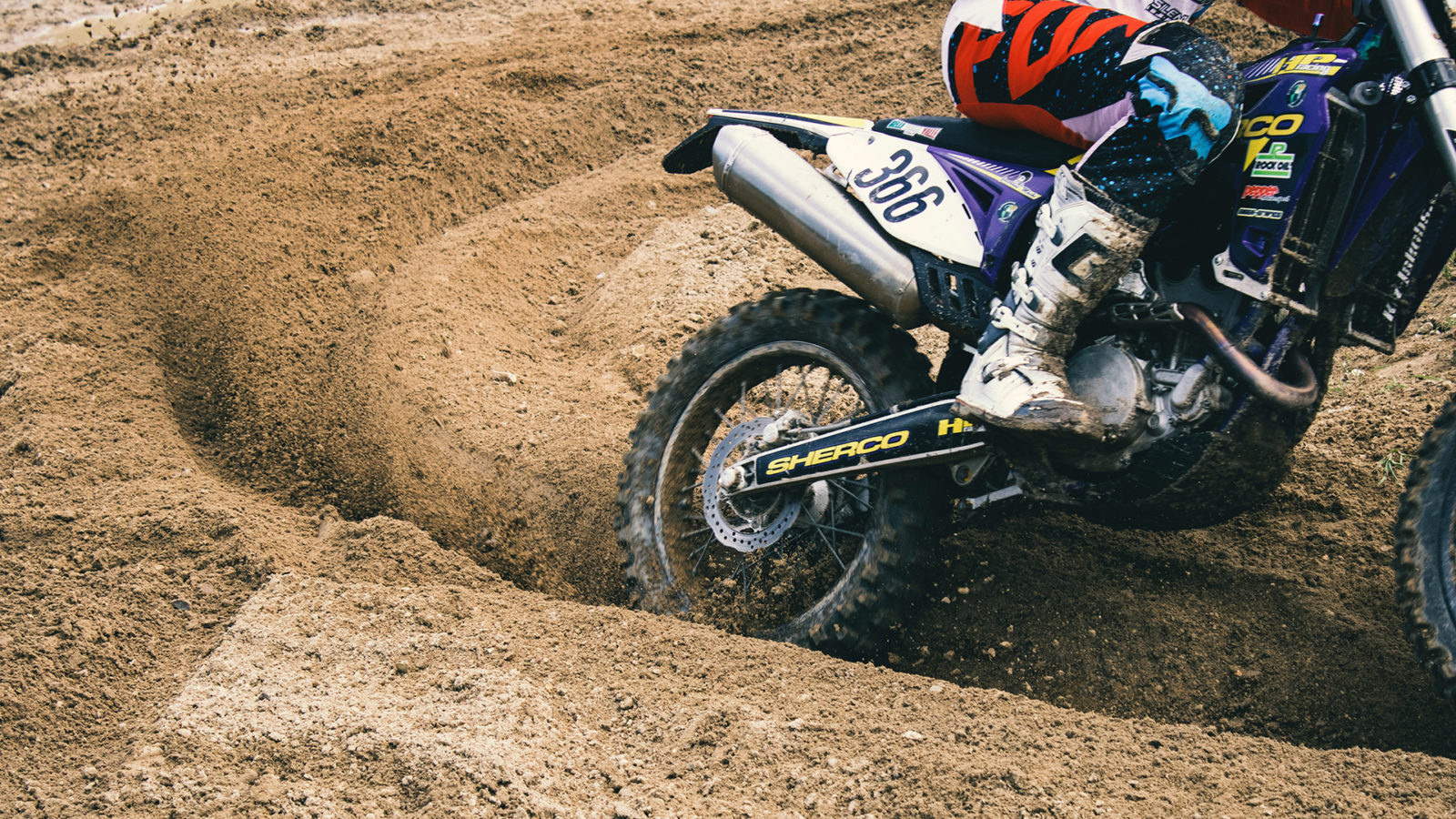“Of all the paths you take in life, make sure some of them are dirt.” I heard this quote at a conference recently, from a man qualified to make it. Simon Lister has made this quote—originally attributed to the father of national parks John Muir—his life’s motto. A Christian with a passion for photography, Simon travels the world on a dirt bike, taking photos of disadvantaged children for UNICEF.
The reality for Simon is that he has to leave the well-travelled roads to get what he needs—to get dirty and to get out to be effective.
It got me thinking. Maybe we need a theology of dirt.
There is a strange story in the Gospels. Jesus, who has healed so many with a word or a touch, spits into the dust, making mud. He wipes it on the eyes of a blind man and instructs him to go and wash it off. When the man does as he is told, he receives his sight (John 9).
The obvious question is, Why did Jesus use mud to heal? We would cringe at His method today. Organic, messy, possibly unhygienic, it doesn’t make sense and seems unnecessary. There are lots of theories, including the idea that spit held some special, healing significance in those days. But I wonder if the John who began his Gospel by placing Jesus as the power behind Creation, saw parallels in that account: the power of God, working in the clay and bringing forth new life (Genesis 2:7).
God, it seems, is not afraid of a little dirt.
In fact, right through the Bible, we see dirt having significance. We were originally created as gardeners, cultivating the ground we were made from (Genesis 2:15). God is described as a potter—a dirty business—while Jesus uses agrarian stories of farming and soil and harvest to explain the kingdom of heaven. He is also known as the Good Shepherd. I’ve never seen a clean shepherd (or clean sheep for that matter unless they’ve just been washed and shorn).
In the parable of the sower, we are dirt—our hearts are the soil the Word of God can grow in. [pullquote]
As far as metaphors go, dirt is a good one. Humans can be messy and smelly and found in all the wrong places, just like dirt.
We need to engage with the things that are dirty—chronic disease, mental illness, refugees, homelessness. In the story of the Good Samaritan we see two groups of people: those not willing to risk becoming unclean and the man to whom humanity was more important.
However, the thing we are often most interested in keeping clean is our reputations. So we avoid situations with dirty people. We rock up and serve or take a Bible study but don’t have them live in our home. We attend their children’s birthday parties but don’t stay back for after work drinks (abstaining of course) to be a listening ear, where bonds are formed.
We avoid creativity and the arts because an artist’s conclusions are sometimes messy. We don’t give people space to question or work through their questions, because we have all the answers. Instead of giving them biblical literacy, we give them the neat, tidy answers wrapped in a bow. Unfortunately, an answer that is not hard won in the dirt of discovery is often easily blown away in the winds of change.
We talk about the discipleship cycle in terms of farming. But sometimes we are more comfortable talking than acting.
As Adventists, we have more of a theology of clouds and trumpets than a theology of dirt.
We are in good company though. Jesus’ disciples were more interested in empire building than in the upside-down kingdom.
The kingdom of God is not some ethereal place, some future reality. The kingdom is the allegiance we owe to our King and seeing His will lived and realised in our own physical surrounds. We need to get dirty, doing life with people, meeting their needs in the here and now before they even realise they have questions about the after. If we are to follow Christ’s method alone, maybe we need to get our hands dirty.






